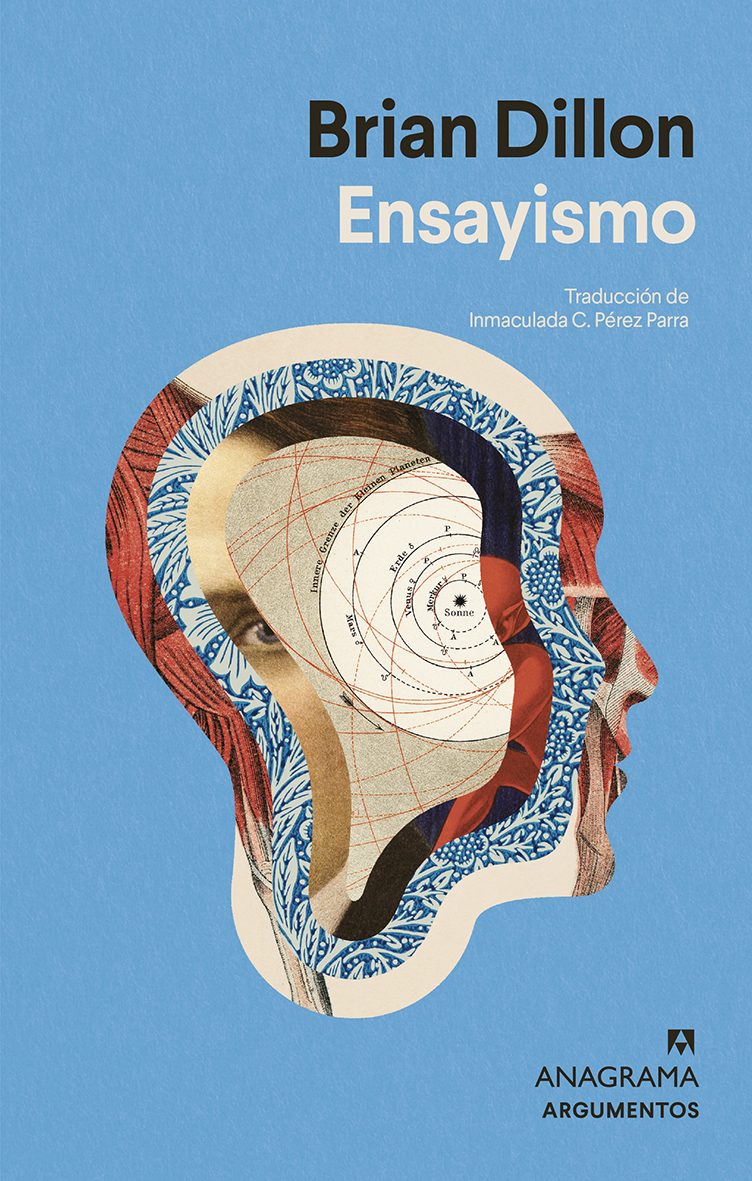


The essay is a venerable form that may well be the genre of the future. It has its origins in a mode of self-examination and even self-obsession - 'it is many years now that I have had only myself as object of my thoughts', writes Montaigne in his essay 'Of Practice' - but it is just as accurately defined by its vagrant and curious scope, its capacity to suborn any and every object to its elegant remit. It may not in fact be 'well made' at all, but a thing of fragments and unfinished apercus, or an omnium-gatherum like Robert Burton's capacious but recognizably essayistic Anatomy of Melancholy. The essay may not even be written, but instead a photo essay, film essay, radio essay or some hybrid of these and the literary archetype. It may belong to a self-conscious genre and have been written by an essayist who self-declares as such; or it might be conjured from a milieu where the labels 'essay' and 'essayist' would make no sense at all. The essay, in short, is a varied and various artefact. Its occasion might be scholarly - there are academic essays, though they tend to be essays to the extent that they wish to stop being academic - or it may be journalistic, institutional or 'creative'. The essay can be tethered to a specific (perhaps polemical) context or written with an ambition to timeless or universal import. Whatever its motivation or avowed theme, the essay possesses a style and a voice. Generic, structural and contextual definitions will vary, but the essay is at least recognizable by its having a certain texture - the essay alters or interferes to some degree with the language of non-fiction.
Essayism is a personal, critical and polemical book about the genre, its history and its contemporary possibilities, itself an example of what it describes: an essay that is curious and digressive and at the same time held together
Fitzcarraldo Editions 2017
Translated into: Italian, Spanish
N/A